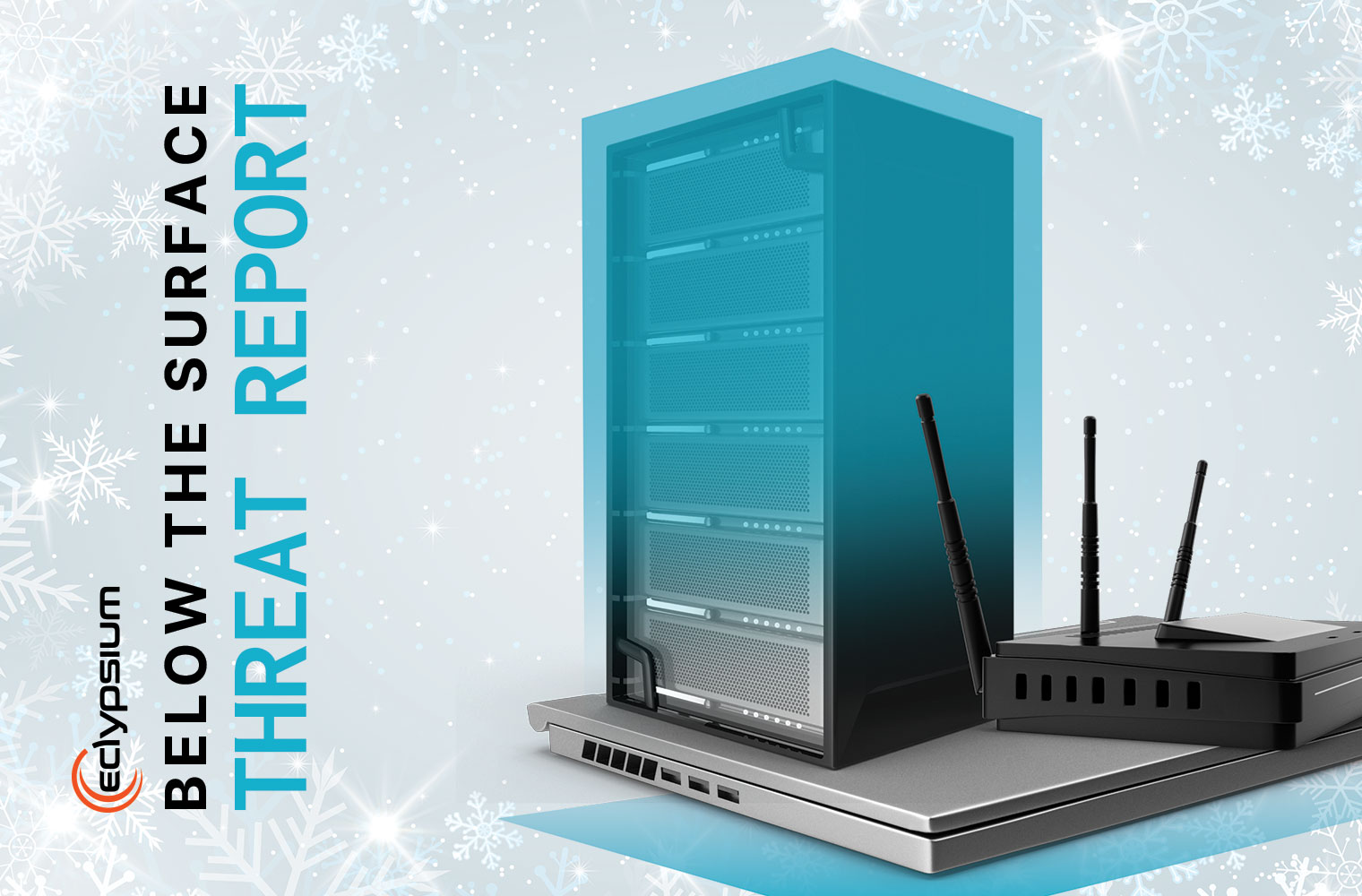Not just one, but four. That’s how many vulnerabilities Eclypsium researchers discovered in Dell’s BIOSConnect feature. Taken together, this chain of vulnerabilities has a CVSS score of 8.3 (High) because it allows a privileged network adversary to impersonate Dell.com and gain arbitrary code execution at the BIOS/UEFI level. As readers of this report will know, that is the absolute worst-case scenario, enabling any well-positioned attacker to take over the device’s boot process and completely subvert the OS and any of its related security controls. Tens of millions of Dell consumer and enterprise-grade devices, even ones protected by Secure Boot and Secure-core technology, are vulnerable. In fact, in this case, not even Bitlocker serves as a mitigating control to protect the OS/files from a compromised UEFI attack scenario.
After two decades of industry awareness around TLS implementation vulnerabilities, we still find these “no-excuse” flaws at this critical UEFI layer of device trust and integrity; the very foundation upon which the rest of modern computing sits.
For attackers like those behind the SolarWinds attacks (or even just a red-teamer with moderate skills), these vulnerabilities present an ideal pretext for an overall strategy of blending in with legitimate processes, abusing (certificate) trust, and evading detection for as long as possible. Here, attackers can spend less than $100 to provision their own certificate from any of the certificate authorities that are trusted by the UEFI update process, and are then able to send arbitrary malicious executables to the UEFI, which blindly executes them. Don’t have $100? Ok, just grab a certificate from GitHub: Sadly there are plenty of them there (that shouldn’t be) whose CA is trusted by this process.
All in, even with SecureBoot enabled, on a Secure-Core PC, a skilled red-teamer or attacker can implant (or even brick) an affected device at the motherboard/UEFI level; and do so without having to first obtain a privileged position at the OS level. This contrasts with other recent campaigns targeting the UEFI like LoJax, MossaicRegressor, and TrickBot’s TrickBoot. Worse, from there they can disable any OS-level controls they want to, and enjoy an entire UEFI network stack that is never logged by the OS kernel, providing indefinite persistence, C2, exfiltration, and powerful control…all from a position the victim is unlikely to ever discover. That is unless they can monitor firmware integrity as Eclypsium’s platform readily does.
How’s that for a giant June bug! If you want to learn more, here is the link to our blog, here is the link to Dell’s DSA, and the link to our webinar on mitigation. Want to learn even more? We’ll see you at DEF CON where we’ll be presenting further updates and insights related to this research.
Still want more firmware and device bugs? Check the links below to find flaws in VPN devices from Zyxel, Sophos, SonicWall, Pulse Secure, Fortinet, and a South Korean VPN maker that shall remain nameless (note that these are all being exploited in the wild as you read this). These VPN-related attacks have risen 20x in some cases – hard to even fathom.
More still? Bugs from Nvidia, HPE, CISCO, Apple, and others await you below.




